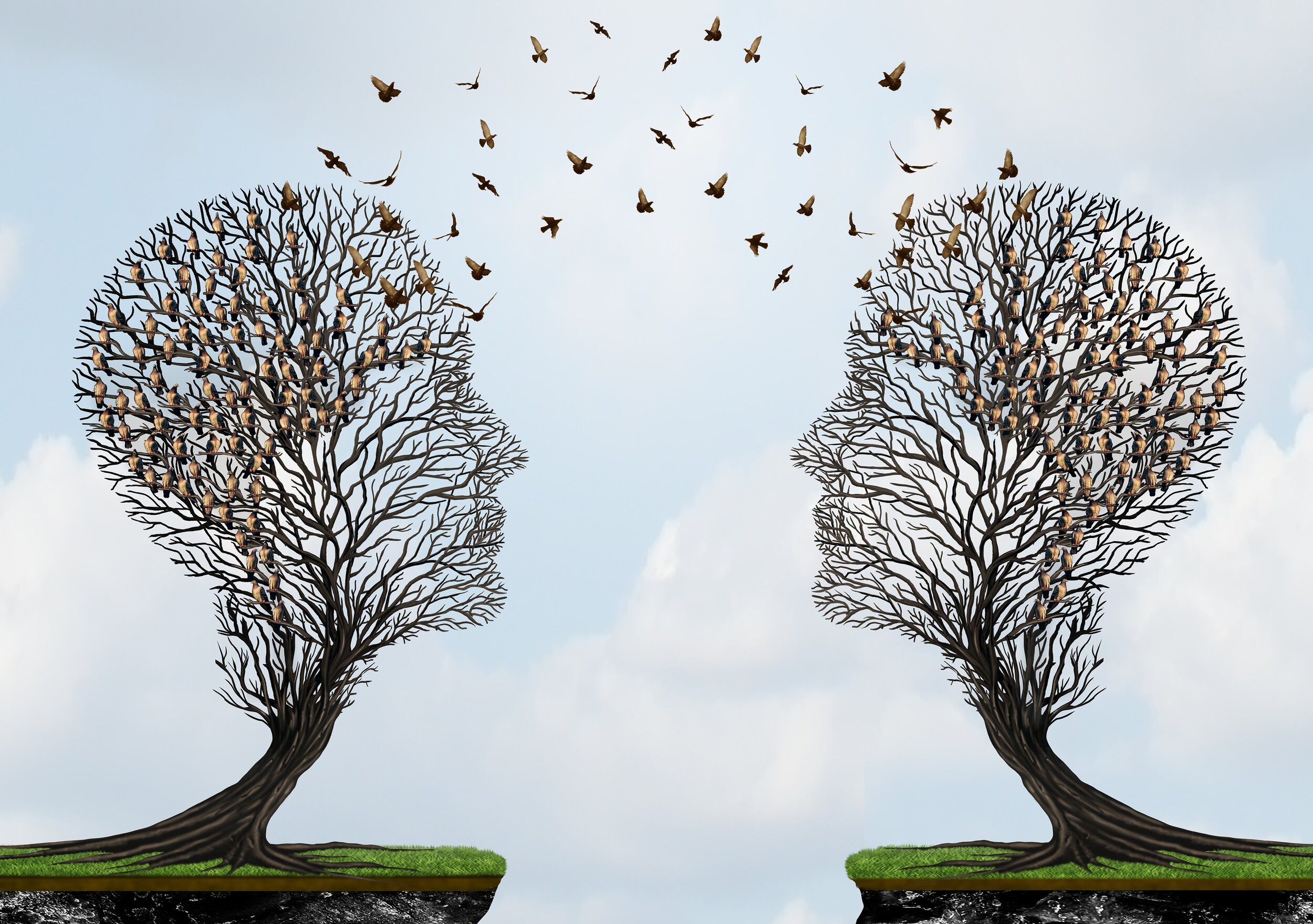Views & News
Interviews, podcasts, research from inside and outside Youth Catalytics: you’ll find it all here. We welcome your opinions, conjectures, rejoinders, and anything else you have say. We’re a community of professionals who care about young people, and want the information and insights expressed here to be as vital and vibrant as they are.
Have something to contribute? Add your voice to our Views & News. Contact Mindi Wisman for more information at mwisman@youthcatalytics.org
What’s ahead for youth and youth services? The Foresight Initiative
Today we launch The Foresight Initiative: an inquiry into how our field is rising to meet this moment of extraordinary disruption and uncertainty. Starting with a short survey we will learn what adaptations have worked, what practices have lost relevancy, and what innovations are being planned. Learn more about our new initiative and please take our survey!
YouthMapping: the power of a fact-finding experience
How about training young people to investigate issues and resources in their communities? How about teaching them how to collect and fact-check information, provide background and context, summarize it all for their peers — and do it in a way guaranteed to make adults take note?
Don’t call it “data-gathering.” Just start talking to people.
After compiling the top answers from 25 stakeholder interviews, this Board realized that stakeholders’ #1 response to the question about where their organization was most successful was “I don’t know.”
Serious about diversity? The first step is introspection.
If the drive toward diversity makes so much sense, why is actually achieving diversity so hard?
Communicating with a purpose: the webinars
These webinars were created for programs promoting adolescent sexual health, but draw on universal communications strategies and share important advice for all nonprofits.
Best practice? Not exactly. It’s even better.
It’s funny how often the variable that determines a program’s success isn’t a “best practice” at all. It’s how a given activity is actually done in real time, in an actual community, over many days, weeks and months, by the particular cast of people doing it.
#MeToo, and what it probably won’t mean for poor girls
About 10 years ago, we started hearing from our direct-service colleagues that the girls in their programs were facing new pressures to look and act in sexual ways. While children in state care had always been at higher risk of sexual abuse than other kids, with all the attending behavioral fallout, it seemed like something new was happening. Something in the culture, perhaps.
Teaching about trauma in schools and communities that have experienced it
Healing a system is not very different from healing an individual; it starts with awareness.
Making room in your program for volunteers
These stories shifted my focus from “What does our agency need that volunteers can give us?” to “What do I sit in my office just wishing someone would do for my clients once in a while?”
Podcast: Giving young people the chance — and the budget — to improve their community
These teens have made more than $285,000 in grants to over 70 nonprofit organizations in Worcester County, MA. Find out how in this 2017 podcast.
You developed the program. Now you want to get it out into the world.
Good news! A rigorous evaluation shows that your program works. Now what? This Q & A dives into how one developer marketed her new evidence-based program.
Words than can help your program, and words that definitely won’t
With all the very best intentions and for the best possible reasons, most of us routinely use phrases that aren’t helpful in telling the story of the work we do and the people we help.
Confessions of a reluctant grantwriter
In 1981, when I received my masters from Harvard Divinity School, our class of soon-to-be poorly paid pastors, community organizers, theologians and activists found ourselves marching into Harvard Yard right next to the soon-to-be handsomely paid graduating class of Harvard Business School.
From birthday cake-bakers to yoga teachers and mentors: how one agency has gone big on volunteers
If you’re saying ‘I’m so busy I can’t deal with volunteers,’ then you actually need the help of volunteers.
Fostering motivation and passion among direct-care staff
Staff members work together in stressful, fast-paced environments on a regular basis. They need the opportunity to slow down, laugh, and build relationships with one another. This can happen simply by cooking a staff meal together, taking a field trip to another nearby RHY program, or spending a day together on a ropes course.
Research and the ‘duh’ factor
Every research study is designed to demonstrate the relationship between one thing and another. It’s about action and consequences: If you do a particular thing, will another thing reliably happen? The benefit is that, done well, research tells you which way to go.


















